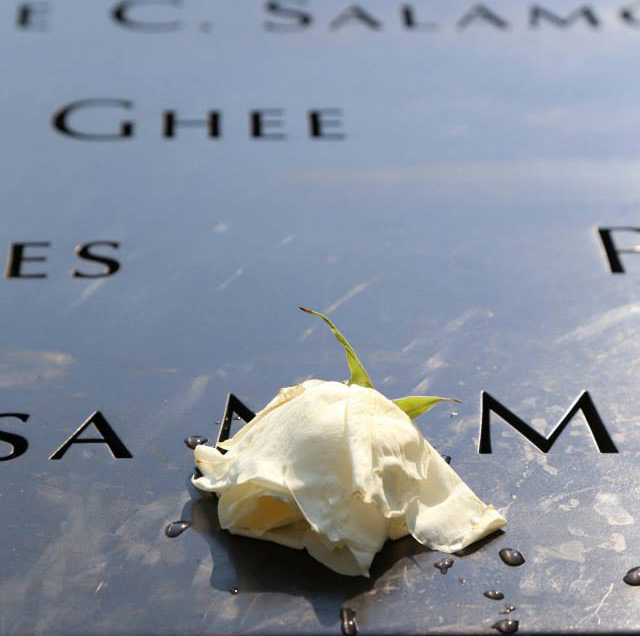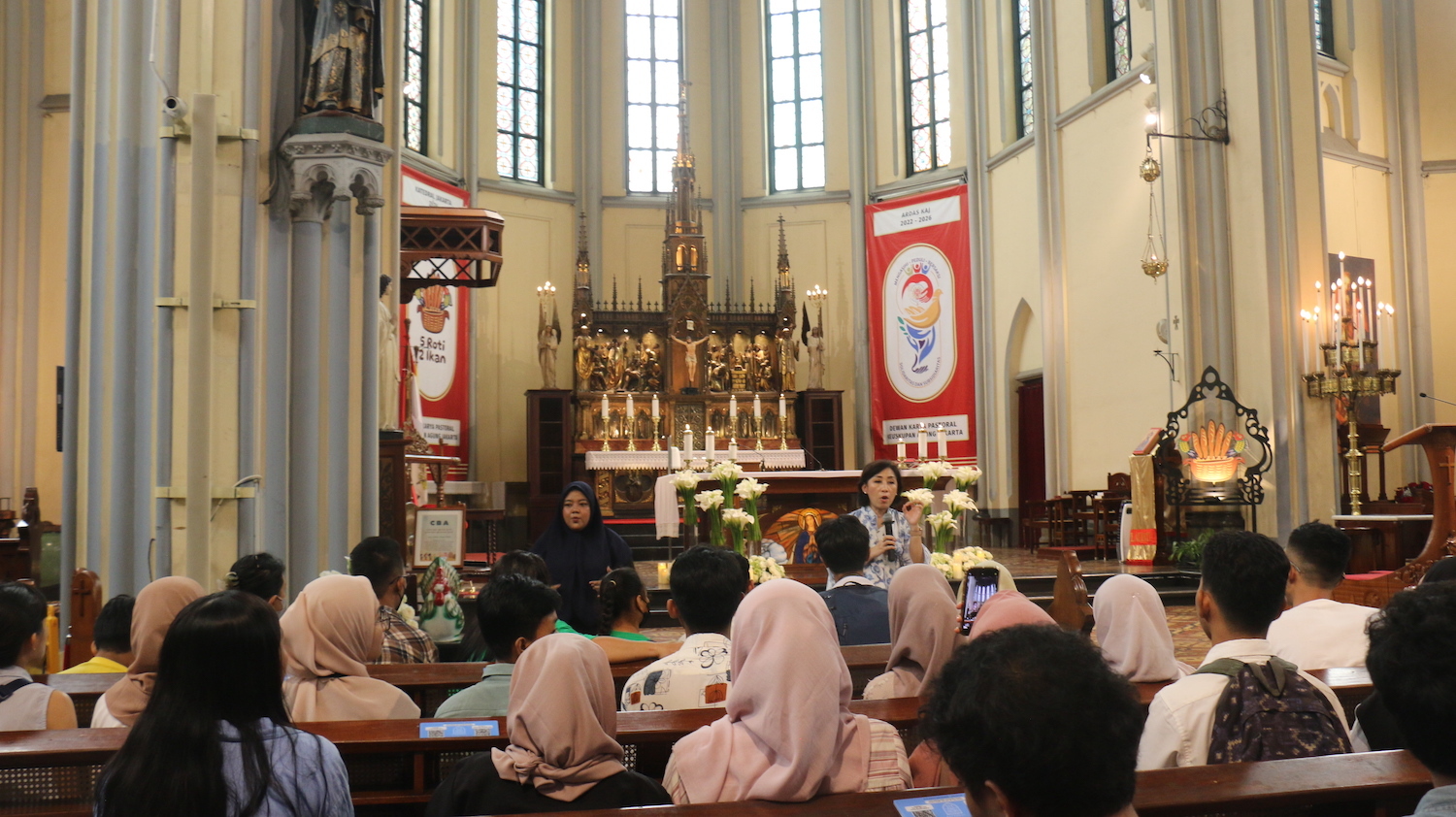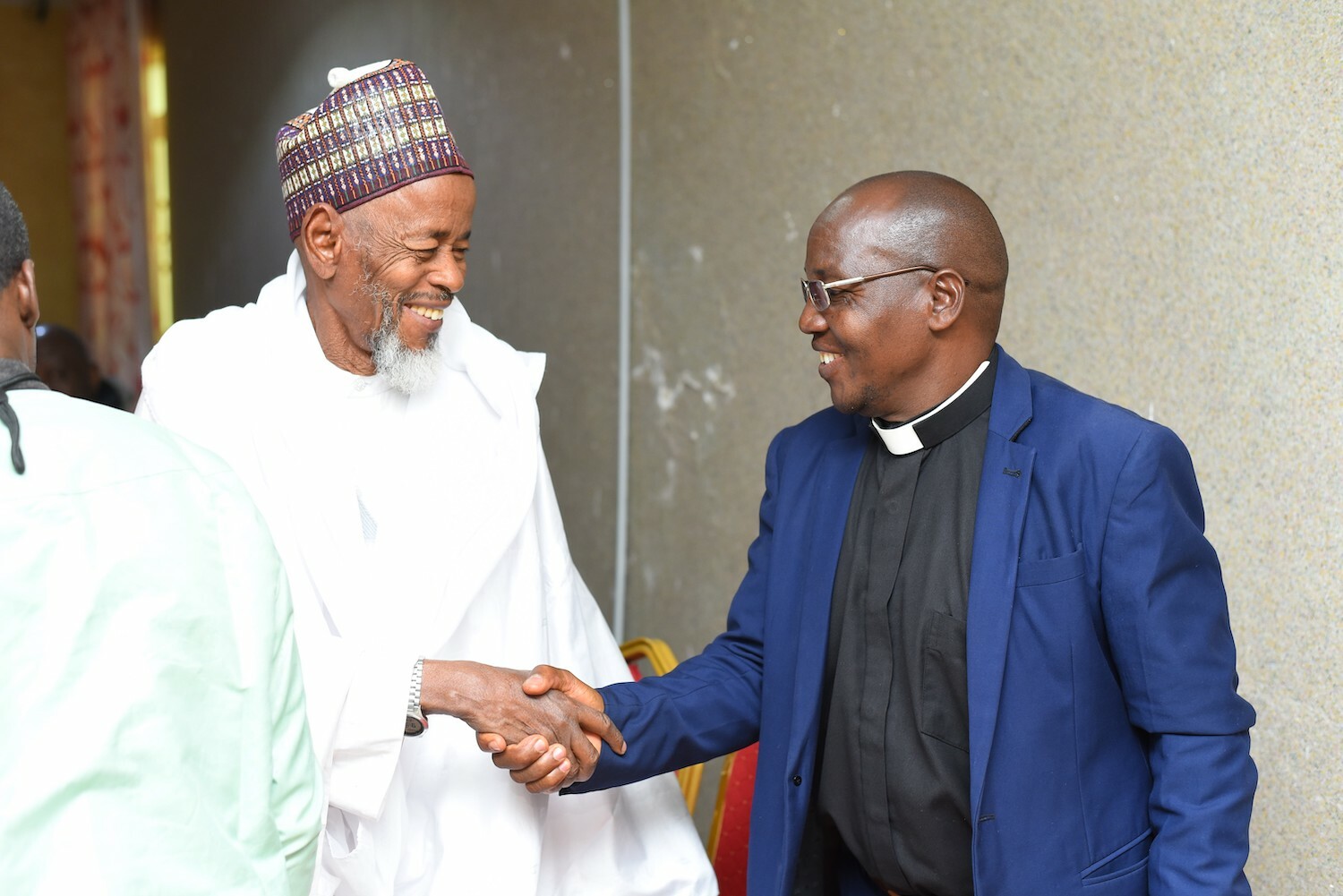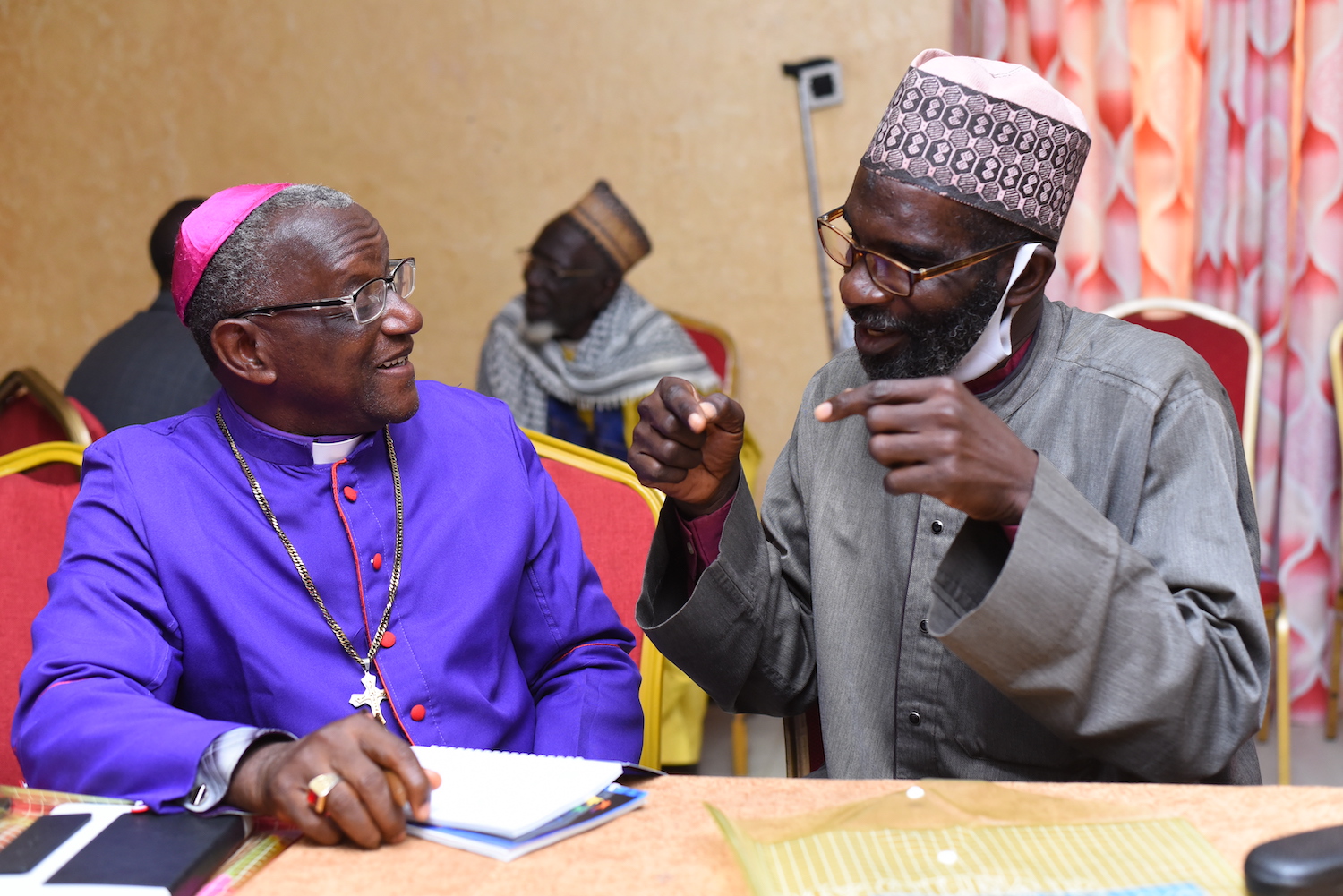 September 11th, 2001 was a day that not only shook the core of the American people, but also the international community. 9/11 reminded the world of the horrors and inhumanity that religious, ideological, ethnic and racial conflicts bear.
September 11th, 2001 was a day that not only shook the core of the American people, but also the international community. 9/11 reminded the world of the horrors and inhumanity that religious, ideological, ethnic and racial conflicts bear.
The following is from hyunjinmoon.com:
Inter-religious cooperation is one of the three pillars of the Global Peace Foundation’s work. Dr. Moon has emphasized that real inter-religious cooperation is based on common principles and values.
Religious leaders hold the key to resolving the root problems of humanity. However, as 9/11 and other religious based conflict around the world show, without inter-religious cooperation, this key cannot be manifested.
The following is an excerpt from an interview with DongA Daily Newspaper in Korea on Dr. Moon’s perspective on inter-religious cooperation:
In my interfaith work, I have found that there is a lot in common with what people of faith affirm, whether you are Christian, Muslim, Jewish, Buddhist, Shinto, Hindu, etc., because it is inspired by God. What deals with theology, doctrine and dogma, may be different. However, values and principles: what we aspire for, how we strive to live our lives, how we define spiritual maturity, much of this is shared.
The major transformations and changes in society started with a vision, a principle or value that resonated universally with people. That vision, principle or value tapped into the spiritual dimension, because that is our common thread.
The best way to explain it is through delineating the difference between spiritual leaders and religious leaders. For spiritual leaders, universal aspirations, principles and values are important.
Mahatma Gandhi and Dr. Martin Luther King, Jr. were people of deep faith. But they came out of their religious boxes to do the type of work that they did.
Mahatma Gandhi led a national movement to liberate India from the British Commonwealth because he did not just represent the Hindus. The movement was made of many religious traditions: Hindus, Sheiks, Jains, Buddhists and Muslims. Gandhi aspired for something that transcended his religion.
Dr. Martin Luther King, Jr. led the Civil Rights Movement, because he did not just speak on behalf of the Southern Baptists. His faith and his convictions drove him to do go beyond his denomination.
What allowed those movements to form were basically universal values and principles.
The problem is that there have always been religious leaders who stay in their box and promote their own particular faith. They can’t make any civic impact. I’m challenging them to come out of their box to live for some greater purpose.



